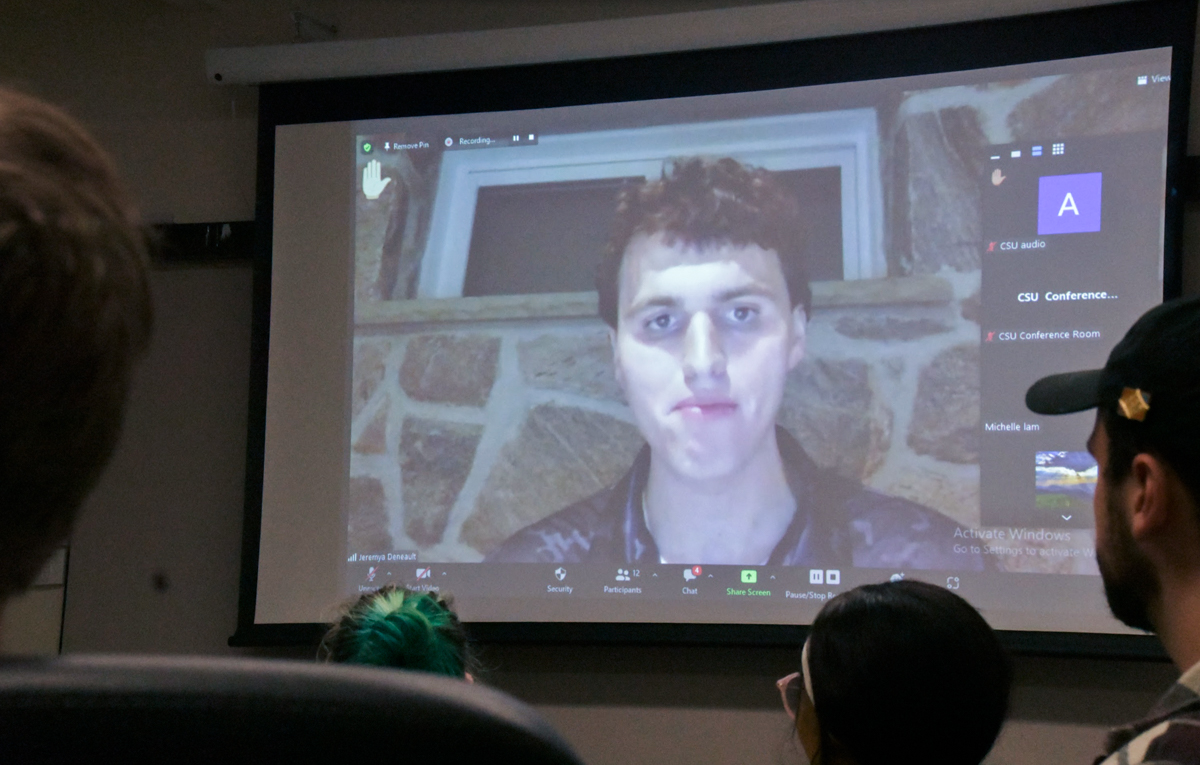Other motions passed at the Oct. 12 RCM include a $35,000 grant to Students For Consent Culture and the appointment of a new CEO for the CSU
On Wednesday, Oct. 12, the Concordia Student Union (CSU) reconvened for the second Regular Council Meeting (RCM) of the fall semester. The major developments from this RCM are as follows:
CSU pledges $35,000 to Students For Consent Culture (SFCC)
The CSU executive team unanimously passed a motion to renew a grant worth $35,000 to SFCC. SFCC is a student-based organization dedicated towards ending sexual violence on campus.
SCFF’s representatives told the CSU the funding will be used to help support ongoing SFCC projects and advocate for further implementation of sex violence and safe space policies on Concordia’s campuses.
The decision comes after representatives from the CSU announced a withdrawal from Concordia’s Standing Committee on Sexual Misconduct and Sexual Violence.
CSU committees remain understaffed
The shortage of volunteers that affected many CSU committees last month continues as many committees struggled to fill the vacant positions on their respective bodies. Less than a third of the 18 vacant committee seats were filled by the end of the appointment phase of the RCM.
The Student Life Committee (SLC), which oversees the allocation of $30,000 in the special-project fund, once again failed to reach the minimum requirement of members to reconvene. Amina Vance, an arts and science councillor, was the only volunteer to join SLC at the RCM.
Councillor Vance stated that she was motivated to temporarily join the committee solely to open the special-project fund.
“It just seems so unfair that we have this money that we can open to students and special projects,” said Vance.
Despite Vance’s appointment to the SLC, the special projects fund will remain inaccessible until an additional councillor joins the committee.
Ikjot Singh appointed as CEO of the CSU
The CSU voted unanimously to appoint second-year finance student Ikjot Singh as the CEO of the CSU.
CSU General Coordinator Fawaz Halloum put forward Singh’s candidacy during the RCM on Oct. 12. The CSU’s appointments committee recommended Singh for the position after interviewing candidates on Oct. 3. 2022.
Singh will be responsible for overseeing all CSU elections and enforcing CSU regulations during the election process for the duration of his mandate.
Former CSU councillor Jeremya Deneault delivers resignation speech to the Council of Representatives.
During the announcement period of the second RCM, former CSU councillor Jeremya Deneault took the opportunity to address the Council of Representatives for the last time. Deneault’s speech was delivered retrospectively after his resignation during the previous RCM on Sept. 19.
Deneault’s speech was reflective of his time working for the council and his legacy as the CSU’s first openly autistic councillor.
In addition, Deneault accused the CSU of fostering a hostile culture between rival student alliances.
The former councillor also addressed the backlash he faced for comments he made allegedly trivializing gender neutral pronouns while in office.
When reached for comment, Deneault said: “People deserve both to have their pronouns respected and to have some time to adapt their speech. I understand some people might have concerns about me, but at the end of the day I’m a fun person who simply wanted to ease some of the boredom and tension at meetings with some lighthearted humour.”
Correction:
In a previous version of this article, the appointment of Ijkot Singh was attributed to the CSU’s executive team. The executive team brought forward the motion to present Ijkot Singh as CEO of the CSU to the council of representatives, who then voted unanimously to ratify the appointment.
Photo by Lucas Marsh
